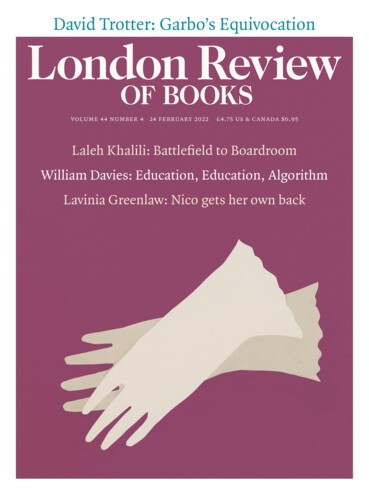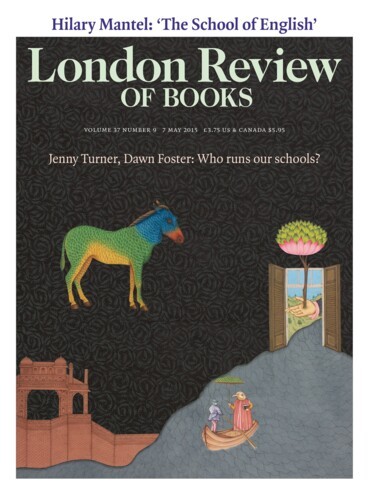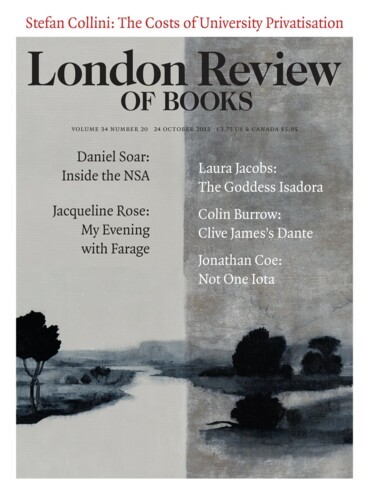How many words does it take to make a mistake? Education, Education, Algorithm
William Davies, 24 February 2022
In the utopia sold by the EdTech industry, pupils are guided and assessed continuously. When one task is completed correctly, the next begins, as in a computer game; meanwhile the platform providers are scraping and analysing data from the actions of millions of children. In this behaviourist set-up, teachers become more like coaches: they assist and motivate individual ‘learners’, but are no longer so important to the provision of education.









